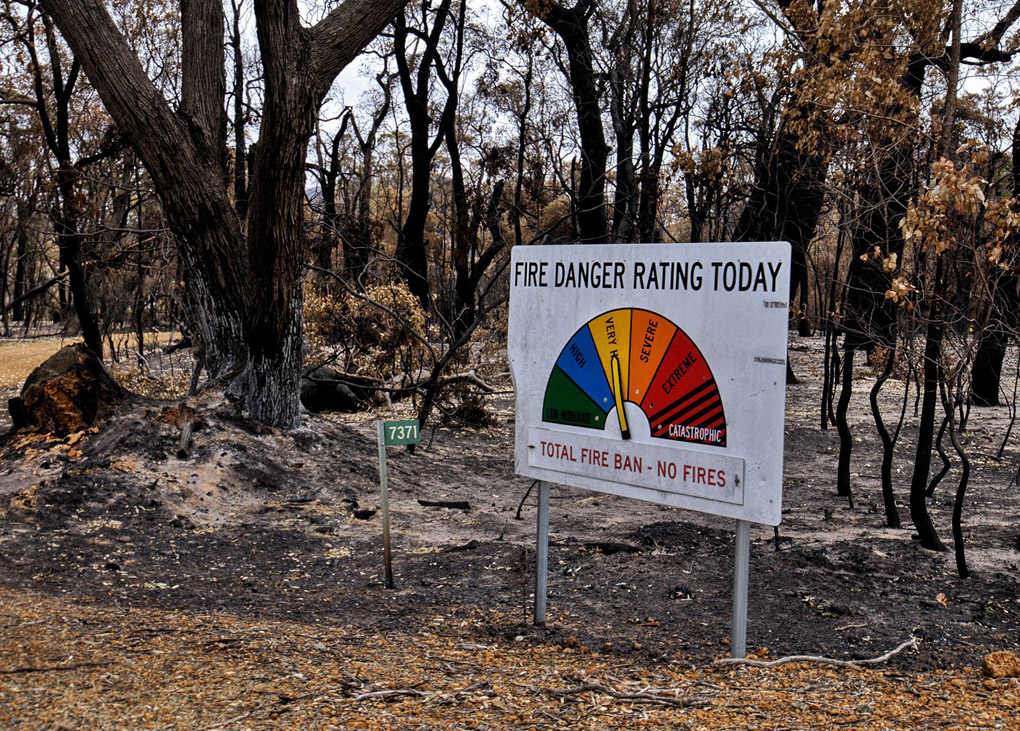Climate scientists have confirmed that 2024 was the hottest year since records began in 1850, raising concerns that burning fossil fuels could break the 1.5°C barrier set by the Paris Agreement.
Coordinated modelling and analysis by multiple global agencies has found that every year in the past decade has been among the hottest 10 on record. The global average temperature was 1.6°C above the pre-industrial average for the first time in 2024, breaking the limit identified by scientists as necessary to maintain a safe and liveable climate long-term.
Climate Councillor from the University of Melbourne, Professor David Karoly, says these are not the records any climate scientist wants to see broken.
“The temperature target in the Paris climate agreement has not been breached yet because it is based on a temperature average over 20–30 years,” he says.
However, he believes that if a global temperature rise of 1.5°C is maintained for 10–20 years, Australia will experience devastating consequences.
“The continental land masses, like Australia, heat up faster than the oceans, and therefore heat up more than the global average. The climate whiplash we’re feeling now – as we’re hurled from flooding rains to heatwaves and fierce fires, then back again – that will intensify, creating more disruption, dislocation, devastation and death.”
According to reports, the global average temperature of 15.10°C was 0.72°C above the 1991–2020 average and 0.12°C above 2023 (the previous warmest year on record). This is equivalent to 1.60°C above the pre-industrial level (1850-1900 reference period).
Many parts of the northern hemisphere experienced more days than average with at least strong heat stress during 2024, and some areas saw more days than average with extreme heat stress.
Climate Council CEO Amanda McKenzie says 2025 must be “game on” for climate action in Australia.
“Slashing climate pollution this decade is critical to safeguard our children’s future,” she says. “This is the challenge for our political leaders this election year.
“Global climate experts and the residents of Los Angeles have just shown us exactly what’s at stake: lives, livelihoods, community safety and our way of life.”
McKenzie believes Australia has made real progress with renewable grid systems, new electric vehicle releases, and a “bumper” year for big clean energy and storage projects.
“Australia has everything we need for this to be the year we set records for all the right reasons: from climate ambition to renewable power, nature restoration to clean transport,” she says.



Leave a Reply